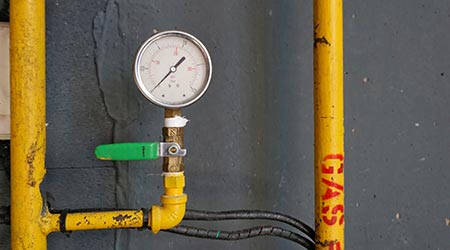
Saving Energy Can Literally Save Lives Study Shows
April 15, 2019
Energy efficiency has endless benefits: Cost savings, climate change mitigation, winning the admiration and trust of the C-suite, to name a few. But those benefits may pale in comparison to one further benefit: Energy efficiency can quite literally save lives.
According to a new study from the University of Wisconsin, a 12 percent increase in energy efficiency the summer months in the U.S. could result in 475 lives saved. The researchers for the study, titled “Air Quality-Related Health Benefits of Energy Efficiency in the United States,” showed that air pollution, partly caused by burning fossil fuels for electricity, is highest in the warm summer months. Extrapolating the health benefits resulting from reduced energy demand, and thus reduced pollution, resulted in the potential live saved.
Nitrogen oxide and sulfur dioxide, two pollutants generated from power plants, are particularly detrimental to health, explains Tracey Holloway, lead author of the study and a professor in the Nelson Institute for Environmental Studies. These two pollutants, when heated, from near-surface ozone, she says, which has many harmful health effects, including premature death.
Holloway says that overall, air quality has improved generally in the last several decades, but one of the reasons for the study was to show the importance of cleaner energy, as well as connect policymakers and those who work in energy. “This study with energy efficiency is one of the most exciting scenarios because there's no downside, saving energy saves everything — money, carbon, air pollution and lives," she said.
Greg Zimmerman is executive editor of Building Operating Management. Read his cover story on how buildings are tackling climate change.
Next
Read next on FacilitiesNet












